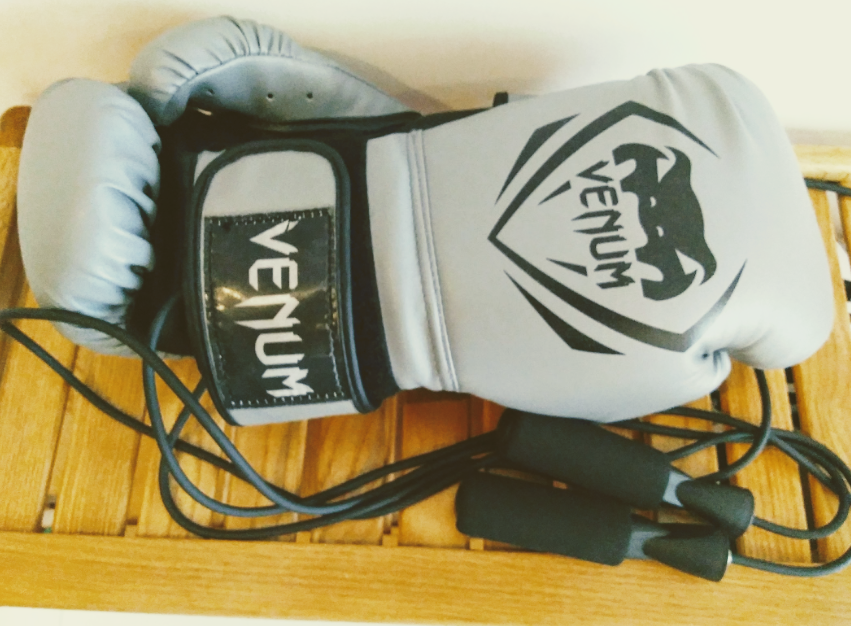Today’s article is a metapost. On the surface, it’s about working out while traveling abroad (I had to spend two weeks away from home last month). Underneath, it’s a set of principles which apply to any activity. From fitness, to writing, to learning new languages.
Below, you’ll find the tools for adapting to new situations whenever you’re thrown off your daily routine.
1. Momentum Is Your Friend
Habits are easily maintain, yet hard to form or break. Look no further than New Year’s resolutions. People quit smoking for two weeks, then they’re back at it. Same for saving money, eating healthy, and working out.
The flip side?
Once you’ve built good habits nothing will stop you.
If you decide to wake up at 5 AM every day, the first month is going to suck. After this, it becomes so routine you don’t even notice. When you’re already working out on a consistent basis, a change of scenery means nothing.
We’ll talk about this more in a moment, but this is one of those habits that, once developed, sticks around.
2. Pack Some Basic Equipment

Whenever I travel, I always bring a quality jump rope. And, if there’s enough space, I pack boxing gloves too.
Jumping rope is a very underrated activity. As heavyweight champion Joe Frazier explains:
Turning the rope and keeping it turning works your hands, wrists, forearms, and shoulders – which you use for punching. Getting up over it works every part of your legs, from your calves to your thighs – which you use to move. And the constant movement works your heart and lungs, which, of course, run everything else.
Likewise, it’s pretty common to find someone hanging a heavy bag in the park. You’ll see this a lot in Latin America and Asia too.
Lastly, bodyweight exercises are on par with lifting weights. Dips, pull-ups, push-ups, sit-ups, and squats are all great for maintaining (and even building) muscle.
Back in 2015, I injured my foot and couldn’t workout for about three months. After recovering, I just did bodyweight most of the time and still blew up in size.
Every park or beach has a workout area, and push-ups and sit-ups are doable in your hotel room.
Heck, a friend of mine started doing bodyweight exercises while in prison. There was nothing else to do, and he eventually became a competitive powerlifter (before opening his own gym).
When you want to accomplish something, you’ll get it done regardless of your technical capacity. I’m writing this article on my phone at the grocery store. There are a million “it can wait” excuses (keyboard too small, can’t remember how “Frazier” is spelled), but you power through.
Especially when you think “big picture.”
3. Develop A Long-Term Mindset
Here’s a great to ask yourself: “What is one thing I can do today which yields long-term benefits?”
Additionally, the following is an excellent statement to think about multiple times per day: “If I have time for [X], I have time for [Y].”
Use it like this:
“If I have time to Tweet, I have time to lift.”
Or…
“If I have time to watch YouTube skits, I have time to read a book.”
Or…
“If I have time to goof off texting, I have time to practice Spanish.”
The is the best, and easiest, time management technique ever developed. Re-frame ideas like this, and you save yourself lots of wasted time. Unfortunately, most people don’t think like this. Instead, they’re focused on short-term dopamine hits.
They assume the party will last forever
Think about $30k millionaires (the guys leasing a Porsche or Rolls-Royce while living in studio apartments), they get the fun of driving a car without the funds to support it.
My relatives who make $500,000 a year and are broke, could have easily re-invested half that money, *only* spent $21,000 a month, and still ended up with a multi-million dollar net worth.
Building a foundation and planning ahead is crucial.
Why?
Because the earlier you start, the greater your returns. If you’re staying fit through your 20’s and 30’s, you’ll gracefully age into your 40’s (go look at pictures of Reg Park vs Elvis Presley). Similar to how building an investment portfolio early saves you from greeting Wal-Mart customers at 72.
Time decay is real, and the clock is always against you.
You can either accept this and get to work, or fritter away the hours and make excuses afterwards.